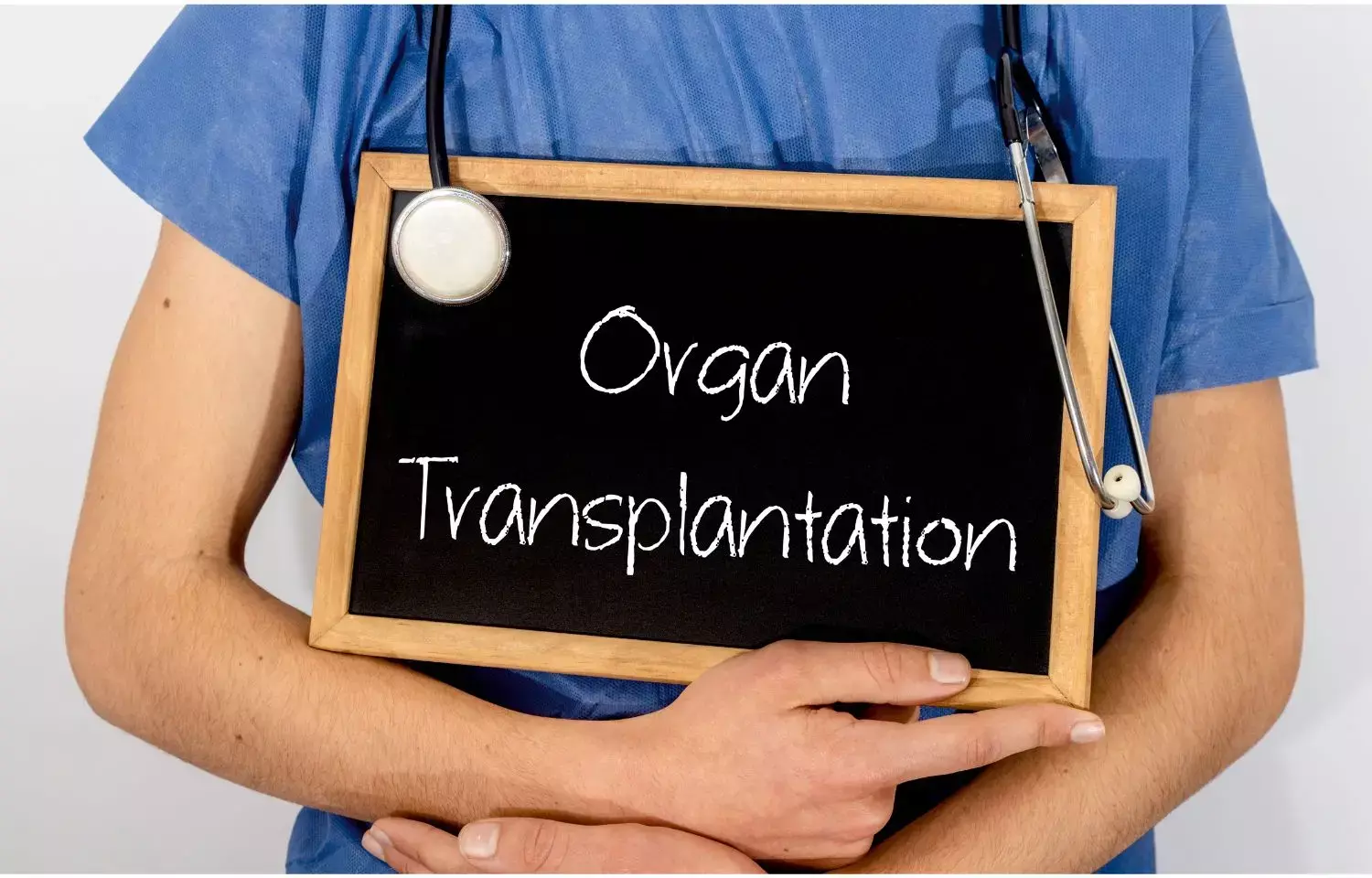- Home
- Medical news & Guidelines
- Anesthesiology
- Cardiology and CTVS
- Critical Care
- Dentistry
- Dermatology
- Diabetes and Endocrinology
- ENT
- Gastroenterology
- Medicine
- Nephrology
- Neurology
- Obstretics-Gynaecology
- Oncology
- Ophthalmology
- Orthopaedics
- Pediatrics-Neonatology
- Psychiatry
- Pulmonology
- Radiology
- Surgery
- Urology
- Laboratory Medicine
- Diet
- Nursing
- Paramedical
- Physiotherapy
- Health news
- Fact Check
- Bone Health Fact Check
- Brain Health Fact Check
- Cancer Related Fact Check
- Child Care Fact Check
- Dental and oral health fact check
- Diabetes and metabolic health fact check
- Diet and Nutrition Fact Check
- Eye and ENT Care Fact Check
- Fitness fact check
- Gut health fact check
- Heart health fact check
- Kidney health fact check
- Medical education fact check
- Men's health fact check
- Respiratory fact check
- Skin and hair care fact check
- Vaccine and Immunization fact check
- Women's health fact check
- AYUSH
- State News
- Andaman and Nicobar Islands
- Andhra Pradesh
- Arunachal Pradesh
- Assam
- Bihar
- Chandigarh
- Chattisgarh
- Dadra and Nagar Haveli
- Daman and Diu
- Delhi
- Goa
- Gujarat
- Haryana
- Himachal Pradesh
- Jammu & Kashmir
- Jharkhand
- Karnataka
- Kerala
- Ladakh
- Lakshadweep
- Madhya Pradesh
- Maharashtra
- Manipur
- Meghalaya
- Mizoram
- Nagaland
- Odisha
- Puducherry
- Punjab
- Rajasthan
- Sikkim
- Tamil Nadu
- Telangana
- Tripura
- Uttar Pradesh
- Uttrakhand
- West Bengal
- Medical Education
- Industry
Role of Airport Medical team for transportation of organ- Dr. Pravin Kumar Verma

Organ Transplantation
Organ transplantation is a surgical procedure in which tissue or an organ is transferred from one area of a person's body to another area, or from one person (the donor) to another person (the recipient).
Just prior to being removed from the donor, the organ is flushed free of blood with a specially prepared ice-cold preservation solution that contains electrolytes and nutrients. The organ is then removed from donor’s body (harvested) and placed in sterile container, packaged in wet ice, and transported to the recipient’s transplant centre/hospital.
It may be noted that once organs are recovered from donor, they will only remain healthy for a short period of time, hence every minute counts. The transportation of harvested organ from donor’s centre to recipient’s transplant centre should be done within shortest possible time. Thus certain precautions are mandatory to save time:
1. The Harvesting Medical Team should travel light, must not carry heavy luggage/suitcases for which they would have to wait at belt area for luggage retrieval.
2. In the return flight, The Harvesting Medical Team, carrying the organ, should be seated together, near the exit gate.
3. Before landing, the flight crew should announce to all the passengers to keep seated till the Harvesting Medical Team has exited the aircraft.
The process:
1. A qualified and competent Medical Team is sent to donor’s place/hospital to harvest the organ.
2. The Medical Team boards the aircraft at Donors place and arrives at the airport at recipient’s place.
3. The Medical Team leaves the airport to reach the recipient’s transplant centre/hospital.
It is logical to assume that the medical team stationed at the airport will facilitate the process of formalities at the airport so that there is no delay at the airport by coordinating with various agencies involved:
1. Airport Operator
2. Airport Security Agency/CISF
3. Concerned Airlines
4. Traffic Police for provision of Green corridor from airport to hospital.
Action:
1. Inform the above agencies beforehand about arriving of organ with flight number, date & time of landing of aircraft, terminal/Bay number where aircraft will dock.
2. Advise the concerned airlines to inform the flight crew of the aircraft bringing the organ that:
a. The medical team should be allowed to exit the aircraft first and board the bus before any other passenger.
b. The bus should immediately leave with medical team only, carrying the organ, to arrive at the Arrival Bussing Gate from where the airport medical team will escort them along with CISF and Terminal Management to stationed ambulances.
- Advise the traffic police that ambulances are on their way.
- Inform the parent hospital that ambulances are on their way.
It may be noted that bringing the medical team, carrying the organ, from arriving aircraft by ambulances will take more time as the ambulances will have to undergo security check by CISF at the steel gate while going in and also while coming out.
Dr.P.K.Verma is MBA, M.D. in Aviation Medicine with vast experience in the field of Aviation Medicine. He has worked as Consultant – Aviation Medicine and Administration, Medanta – The Medicity Gurgaon, Haryana, India at its Medanta Medical Centres, IGI Airport, New Delhi From November 2010 to April 2015 & From January 2019 to Present
Dr Kamal Kant Kohli-MBBS, DTCD- a chest specialist with more than 30 years of practice and a flair for writing clinical articles, Dr Kamal Kant Kohli joined Medical Dialogues as a Chief Editor of Medical News. Besides writing articles, as an editor, he proofreads and verifies all the medical content published on Medical Dialogues including those coming from journals, studies,medical conferences,guidelines etc. Email: drkohli@medicaldialogues.in. Contact no. 011-43720751


